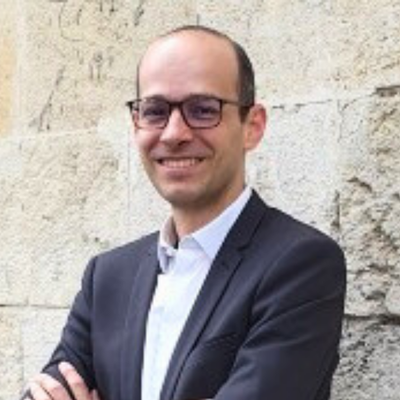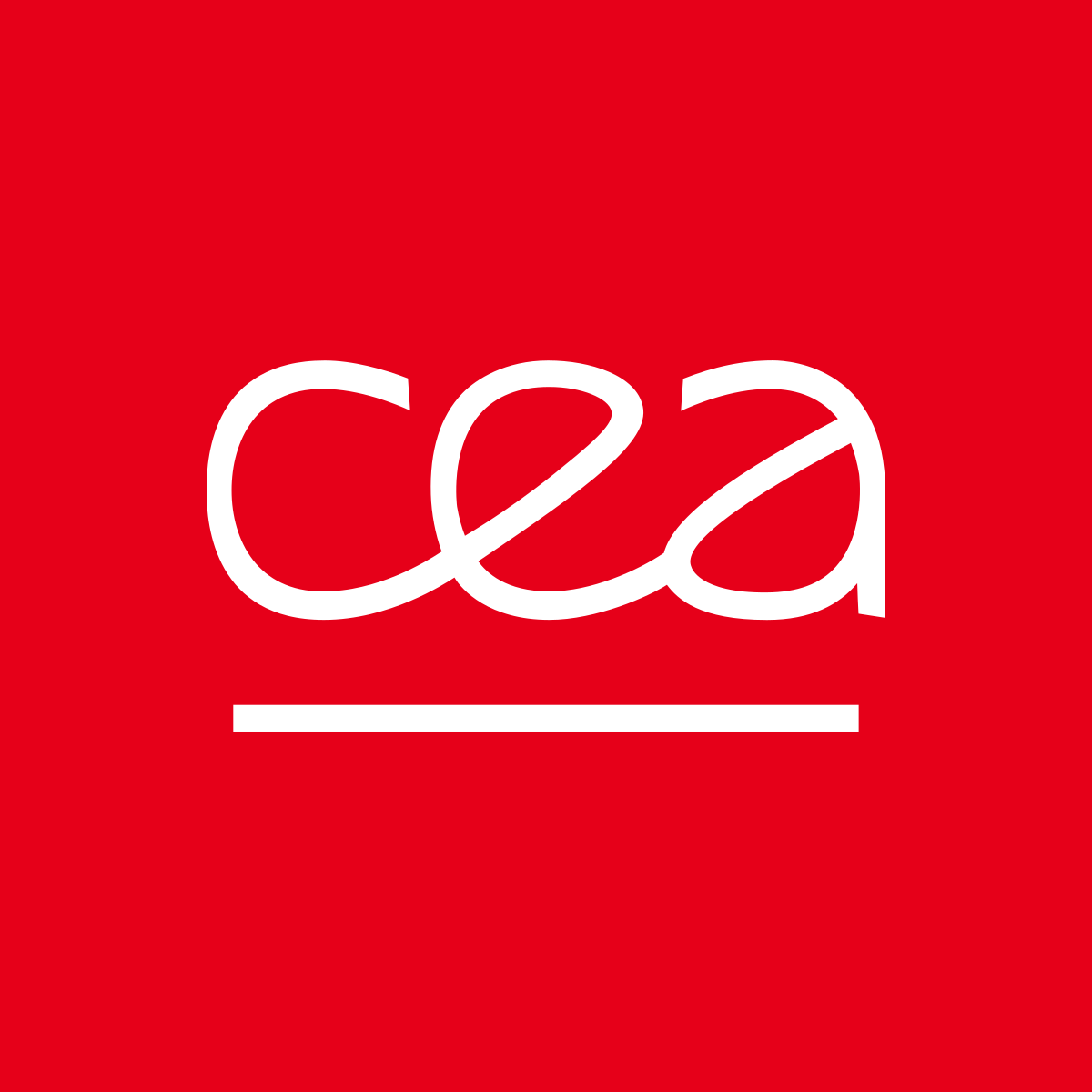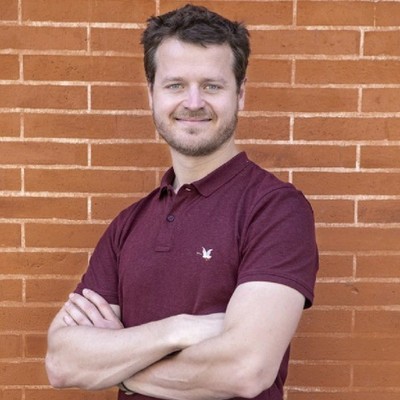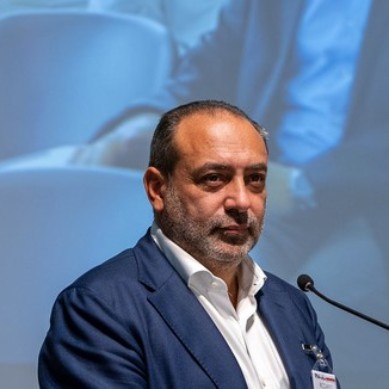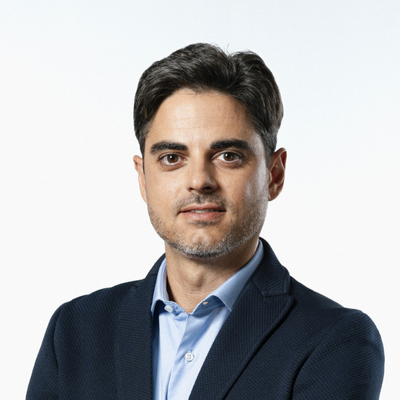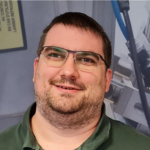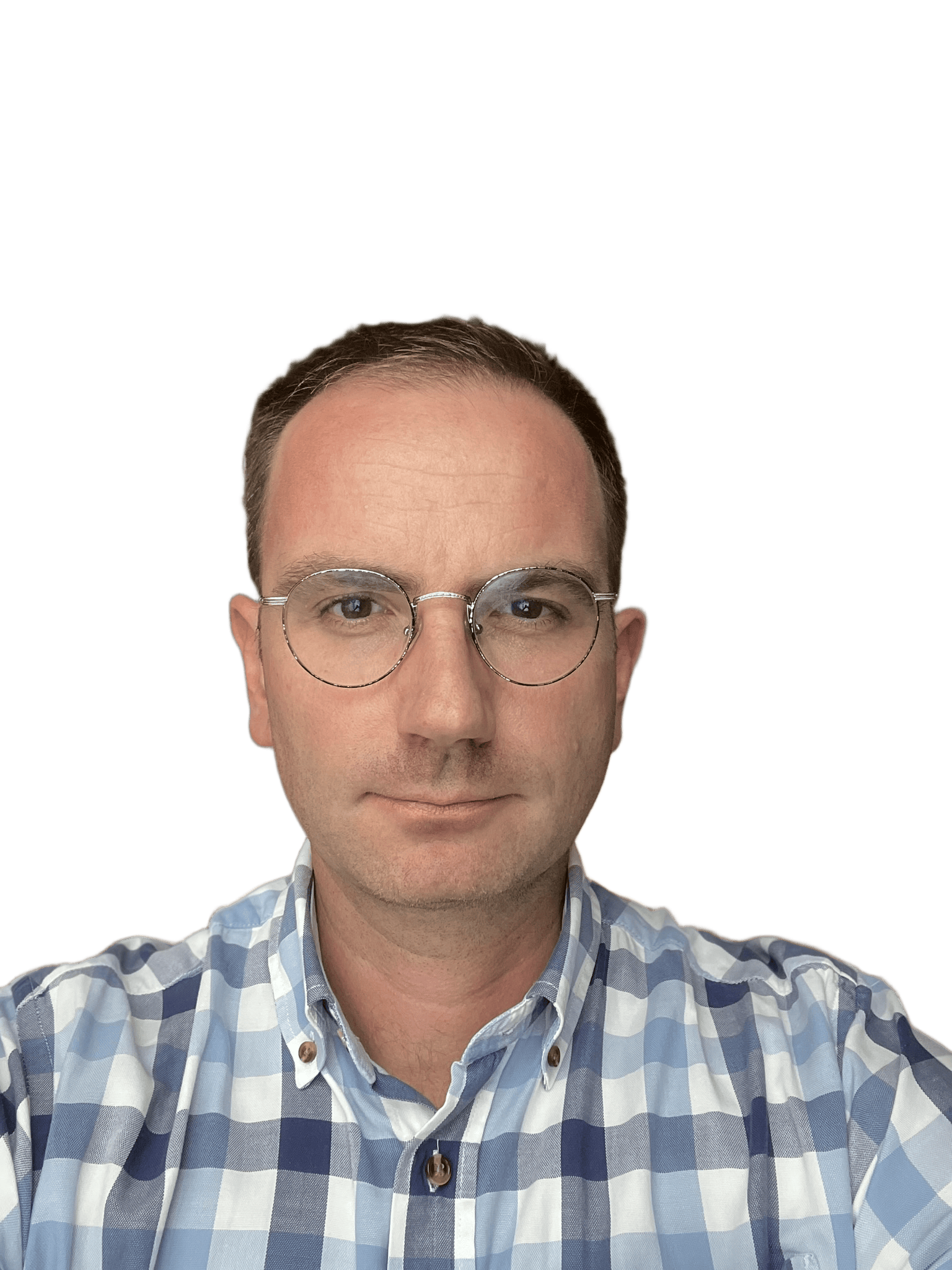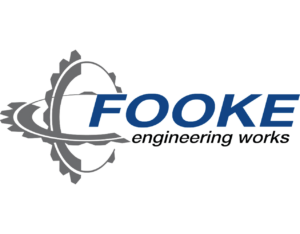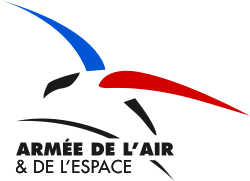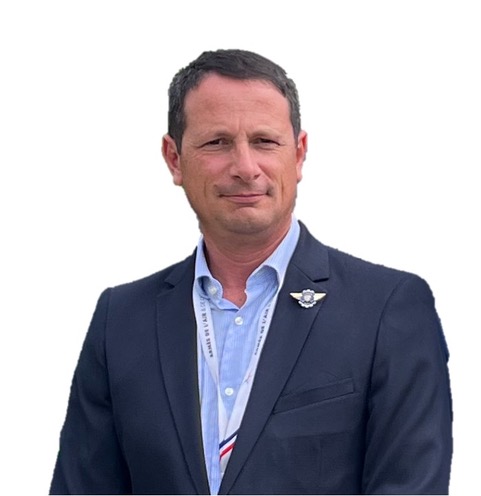Preliminary Conference Program
Preliminary agenda for September 24th, 2025
Wednesday, September 24, 2025
Hall 4, MEETT Exhibition Center, Toulouse, France
9h-9h20
Event Introduction
9h20-10h50
ADDITIVE MANUFACTURING GOES FLYING
9h20-10h20 : PANEL 1 - How are OEMs integrating additive manufacturing into their processes?
Explores successful OEM applications of AM from design to production, with insights into current needs and future expectations :
- What have system manufacturers learned from using additive manufacturing? Highlights system manufacturers' experiences, addressing challenges and technical achievements in AM implementation.
- How is additive manufacturing benefiting aircraft manufacturers? Focuses on specific benefits for aircraft makers, including performance, design freedom, and cost savings.
10h20-10h35 : PRESENTATION 1 - Additive manufacturing is applied to non-structural items like heat exchangers
Case studies on heat exchangers showing the potential for lightweighting, improved thermal performance, and part consolidation.
10h35-10h50 : PRESENTATION 2 : Non Destructive Testing Applied to additive manufacturing
10h50-11h20
Coffee break
11h20-12h20
ADDITIVE MANUFACTURING IN THE WORKSHOPS
PANEL 2 - What challenges and opportunities do part providers face with additive manufacturing?
Insight into supply chain dynamics, qualification barriers, and the business model evolution for AM part providers :
- How is additive manufacturing adapting to changing needs and technological evolution? Analyzes the pace of AM innovation and how manufacturers align processes to meet emerging demands.
- What are the key steps from material deposition to a finished, usable part? Focuses on finishing, post-processing, and part validation — the critical links from raw printing to functional
12h20-13h50
Lunch Break
13h50-15h20
MOVING AHEAD WITH ADDITIVE MANUFACTURING
13h50-14h05 : PRESENTATION 3 - Industrialization of DED repair of turbine blades
14h05-14h20 : PRESENTATION 4 – The MELD technology enhance additive manufacturing for aluminum applications
Focus on MELD's solid-state process and its applications in large-format aluminum parts. (retirer its benefits for structural integrity).
14h20-15h20 : PANEL 3 - What additive manufacturing innovations are emerging for aeronautics, space, and defense?
Explores recent breakthroughs and future trends that will shape AM’s role in high-performance sectors :
- How does simulation contribute to the manufacturing process in AM? Reviews simulation tools that optimize design, predict failure, and accelerate product development in AM.
15h20-15h50
Coffee break
15H50-16H50
ADDITIVE MANUFACTURING ON THE FIELD
PANEL 4 - How can additive manufacturing support defense maintenance and ensure operational continuity?
Covers strategies and tools that enable AM deployment in the field to maintain and repair defense equipment swiftly:
- What are the operational needs driving the use of additive manufacturing in defense? Explores specific logistics and maintenance challenges as well as limitations that AM can address to boost mission readiness.
- How is the military using additive manufacturing in real operational contexts? Presents real-life military applications of AM, emphasizing resilience and rapid prototyping on site.
16h50
Closure
Additive Manufacturing goes flying
OEM experience with Additive Manufacturing
Experience of system manufacturers
Experience of aircraft manufacturers
Experience within non structural items : heat exchangers
Experience of space laucher / satellite manufacturer
Additive Manufacturing in the workshops
Part provider experience with Additive Manufacturing
Facing changing needs & technology evolutions
Experience of aircraft manufacturers
Experience within non structural items : heat exchangers
Experience of space laucher / satellite manufacturer
Ahead with Additive Manufacturing
Advanced ceramics
Advanced AM for aluminums MELD
Additive manufacturing innovations to come for aeronautics, space and defense
Simulation in manufacturing
Manufacturing control and monitoring
Additive Manufacturing on terrain
Defense : what are the needs of maintenance for operational continuity
Operationnal needs
User's experience (Army)
Workshop Program
The day unfolds with three exciting thematic workshops scheduled from 3:45 pm to 5:45 pm.
Explore the program details by clicking the link below:Questions about the content options? Want to host or sponsor content?
Please contact the Conference Manager, Benoit ROCHAS:






